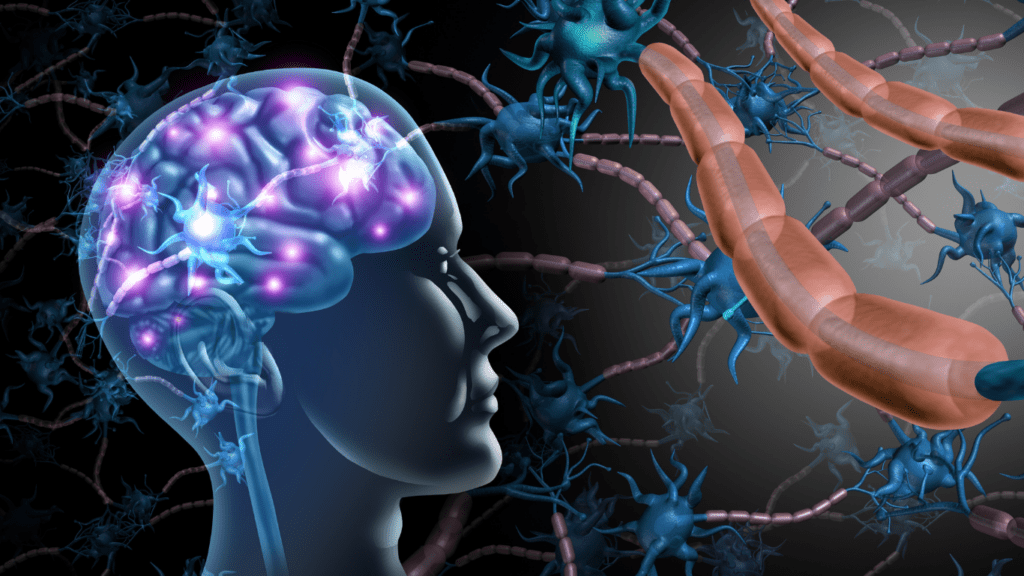Ever feel like your mind is running in a hundred different directions at once? I’ve been there, and it’s exhausting. In today’s fast-paced world, staying focused and clear-headed can feel like an impossible task. But what if I told you that small, intentional rituals could make a huge difference?
Why Mental Clarity Matters
Mental clarity directly impacts:
- decision-making
- productivity
- emotional well-being
When my mind feels clear, I can process information quickly and take confident steps toward my goals. In contrast, a clouded mind leads to indecision and frustration, slowing progress in both personal and professional areas.
Clarity reduces stress and boosts focus. Without it, distractions dominate, creating unnecessary mental and emotional strain. By prioritizing mental clarity, I’ve found it easier to concentrate on important tasks, avoid burnout, and maintain a more balanced outlook on life.
Enhancing clarity strengthens problem-solving skills. A focused mind views challenges with a sharper perspective, identifying solutions more effectively. This benefit isn’t limited to work; it enhances relationships, personal growth, and overall life satisfaction. Prioritizing rituals for mental clarity transforms how I approach my day.
Morning Rituals For Mental Clarity
Starting the day with intentional habits establishes focus and sets a grounded tone for the rest of the day. I rely on specific practices in the morning to clear mental clutter and build sharpness.
Meditation And Mindfulness Practices
I dedicate 10 minutes to mindfulness meditation each morning. Sitting calmly, I focus on my breath, allowing thoughts to come and go without judgment. This practice reduces mental noise and enhances concentration. Guided meditation apps, like Calm or Headspace, offer structured sessions for beginners. Morning mindfulness prepares my mind to tackle tasks efficiently by increasing awareness and reducing stress.
Journaling To Clear Your Mind
I spend 5-10 minutes journaling to declutter my thoughts. Writing down concerns, goals, or random ideas helps release mental blocks and provides perspective. Prompts like “What are three things I’m grateful for today?” inspire focus and positivity. Journaling clarifies priorities, making it easier to approach tasks with a more organized mindset.
The Power Of Hydration And Nutrition

I start my day by drinking 16-20 ounces of water. Dehydration decreases mental performance, so morning hydration replenishes energy and sharpens focus. A nutrient-rich breakfast, like oatmeal with berries or a spinach and egg scramble, supplies essential vitamins (e.g., B6, B12, and magnesium) that support brain function. These choices sustain mental clarity and reduce distractions caused by hunger or fatigue.
Midday Practices To Stay Focused
Midday rituals can reset mental energy and maintain sharp focus. I integrate these simple strategies to stay productive through the afternoon.
Taking Effective Breaks
Short breaks improve focus and prevent mental burnout. I step away from work every 90 minutes for 5-10 minutes, ensuring I disconnect from screens entirely. Stretching my body, walking briefly, or simply stepping outside recharges my mind and reduces tension. These intentional pauses help avoid the stagnation that prolonged sitting creates.
Quick Breathing Exercises
Controlled breathing calms the mind and enhances clarity. I practice a 4-7-8 breathing technique by inhaling for four seconds, holding my breath for seven seconds, and exhaling slowly over eight seconds. Repeating this three times creates a noticeable sense of calm and improved concentration. This method is particularly effective during stressful moments.
Organizing Your Workspace
A clutter-free environment minimizes distractions and promotes mental clarity. I tidy up my workspace daily by removing unnecessary items and prioritizing tools I actively use. Positioning a planner, sticky notes, and a water bottle within reach helps me streamline tasks. This simple practice keeps my focus sharp and my mind clear while working.
Evening Rituals To Reset Your Mind
Evening rituals create a pause to release the day’s mental clutter and reset for tomorrow. I use this time to unwind, reflect, and prepare for restorative sleep.
Reflection And Gratitude Journals
Writing in a journal organizes end-of-day thoughts. I list three accomplishments or positive moments to focus my mind on progress instead of stress. I also jot down one challenge I overcame each day to reinforce resilience. A gratitude list shifts my perspective to what went well, even on tough days.
Unplugging From Digital Devices
Avoiding screens at least one hour before bedtime calms my mind. Exposure to blue light suppresses melatonin, making sleep harder to achieve. I replace device use with reading a book or listening to calm music to signal to my body that it’s time to relax. Airplane mode or silencing notifications ensures I’m not disrupted.
Preparing For Quality Sleep
I maintain a sleep-friendly evening routine to optimize rest. Lowering the lights signals my brain that it’s nighttime. Stretching or light yoga eases physical tension, while deep-breathing exercises quiet mental chatter. I ensure my room is cool, dark, and quiet for uninterrupted rest, as sleep quality impacts the next day’s mental clarity.
Tips For Long-Term Success
Maintaining mental clarity requires consistency and intentional effort. I focus on these strategies to ensure lasting benefits:
1. Establish Consistent Rituals
Repetition builds habits that become automatic over time. Morning mindfulness, midday resets, and evening wind-downs anchor my day, creating a structure I can depend on. For instance, meditating at the same time daily reinforces mental discipline.
2. Track Progress
I use journaling to monitor how well rituals improve my focus and reduce mental clutter. Reflecting on performance helps me refine my approach and identify areas needing adjustment, such as increasing journaling frequency or modifying my evening routine.
3. Adapt To Changing Needs
Life circumstances evolve, so I evaluate my rituals regularly. Revising techniques like switching from physical journaling to digital apps keeps the practices relevant and effective.
4. Prioritize Self-Care
Neglecting basic needs undermines long-term consistency. Nutrient-dense meals, regular hydration, and sufficient sleep ensure my mind and body remain capable of sustaining clarity rituals.
5. Limit Overcommitment
Overloading my schedule leads to burnout and scattered focus. I maintain mental clarity by setting achievable goals and delegating tasks when possible.
These practices reinforce my ability to interpret challenges clearly and stay aligned with my priorities over time.





